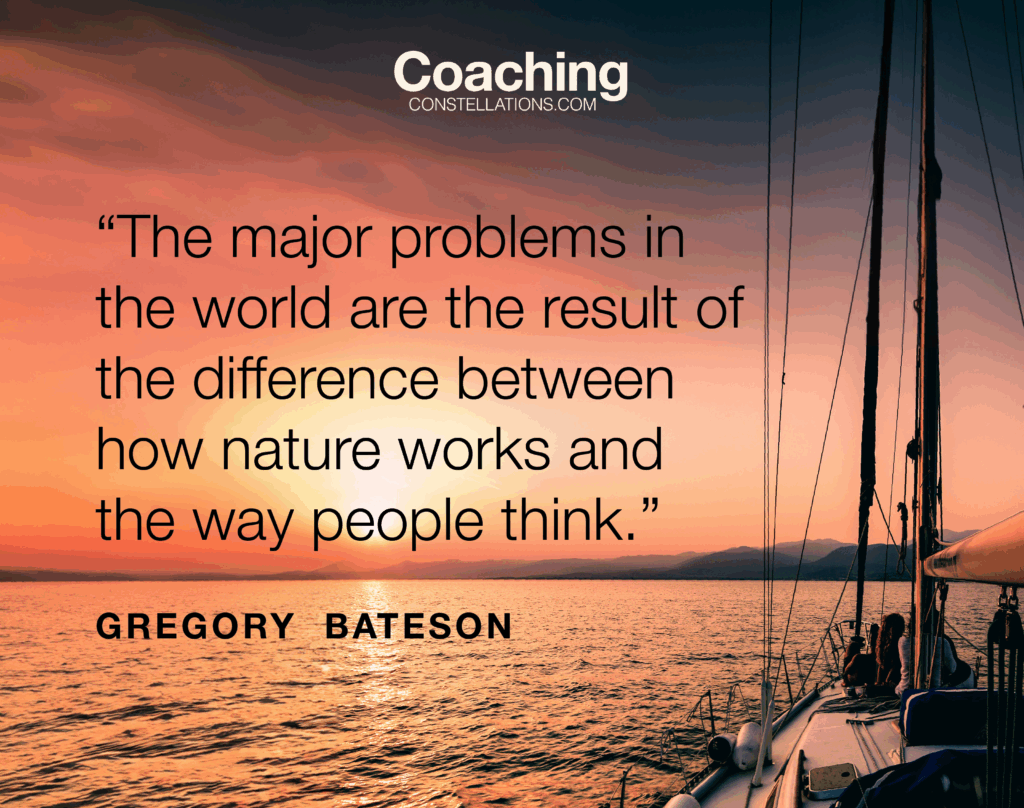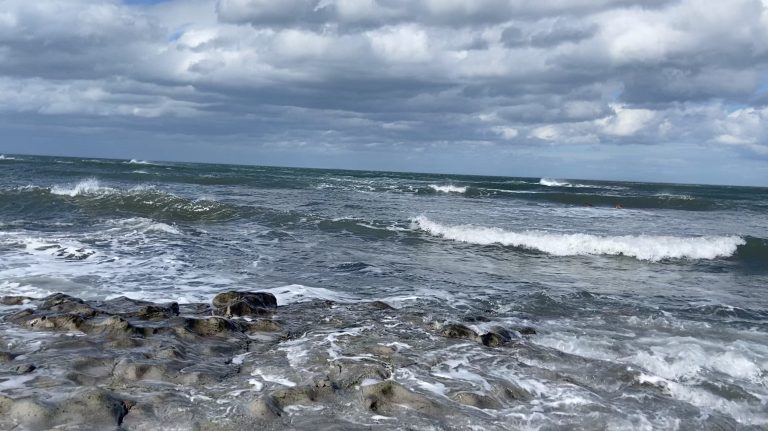
A native of mainland Shetland (an island to the far north-east of Scotland), I grew up with the sea as a central influence in my world. My father and most of my ancestors were seafarers. My mother had small-boat skills too, having been brought up on the tiny isle of Trondra close to the mainland. While I took a different path in adult life, my island origins still influence how I engage with the world today. My parents embodied the indigenous wisdom that comes from generations of living and working in remote and rural environments. I like to think that I have inherited some of their resilience and predictive instincts. However, rather than a seascape, my work is the craggy, unpredictable terrain of organisational change and transition.
There are similarities between the two worlds. That the tides will turn is a certainty, but little else about the sea can be predicted and it’s the same for change. That it will happen is a given, but that’s about all one can foretell. The metaphors I find myself using when working with change speak of my upbringing in the unpredictable (usually adverse) weather conditions and all that means for the rhythms of life. “Swimming against the tide”; “catching the wave” and “feeling all at sea” spring to mind. Change is omnipresent in organisational systems just as it is in the natural world.
When it comes to leaders implementing planned organisational change, I find that systemic awareness is often the missing element. By this I mean understanding that, as in nature, there are natural forces that govern human systems. The need for organisational change is indisputable. Organisations must stay relevant to survive.
Planned change needs clear consistent direction and safe boundary-holding but it also needs to be nurtured as an evolving relational process. There are many models to guide change, but it is the soul-based organic element that tends to be given the least attention. In the urgency to meet objectives, there is a tendency to ignore the natural rhythms in favour of continuously pushing against the tide, creating additional resistance.
Systemic awareness enables leaders to work more intuitively with the natural forces. For example, how might a leader maximise safety and belonging in their team during a downsizing exercise? These are pivotal moments in organisational life, and the unintended consequences can be far-reaching. It is inevitable that people’s sense of place and the balance of exchange will be disrupted during organisational change. Understanding how to minimise the impact through dialogue supported by systemic interventions such as visual mapping and constellations can be transformative.
If you are a coach and/or facilitator and would like to bring this additional skillset into your work with leaders, you will find information about our programmes in systemic coaching and constellations below.
Systemic Coaching and Constellations Fundamentals Part I
https://coachingconstellations.com/edinburgh-fundamentals-i-january-2026
Systemic Coaching and Constellations Fundamentals Part II
https://coachingconstellations.com/edinburgh-fundamentals-ii-march-2026
